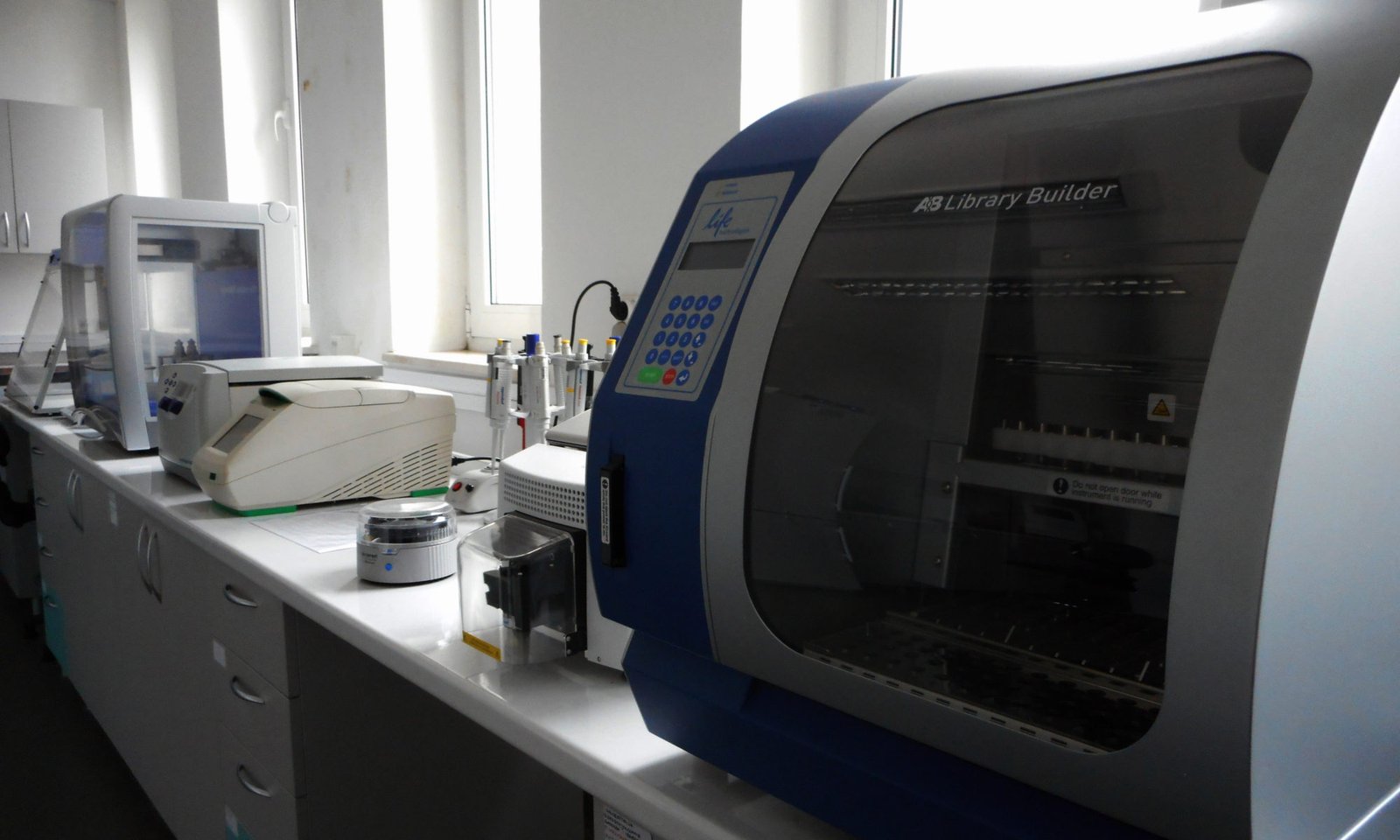Abstract
Recently, the pharmaceutical industry has heavily emphasized phenotypic drug discovery (PDD), which relies primarily on knowledge about phenotype changes associated with diseases. Traditional Chinese medicine (TCM) provides a massive amount of information on natural products and the clinical symptoms they are used to treat, which are the observable disease phenotypes that are crucial for clinical diagnosis and treatment. Curating knowledge of TCM symptoms and their relationships to herbs and diseases will provide both candidate leads and screening directions for evidence-based PDD programs. Therefore, we present SymMap, an integrative database of traditional Chinese medicine enhanced by symptom mapping. We manually curated 1717 TCM symptoms and related them to 499 herbs and 961 symptoms used in modern medicine based on a committee of 17 leading experts practicing TCM. Next, we collected 5235 diseases associated with these symptoms, 19 595 herbal constituents (ingredients) and 4302 target genes, and built a large heterogeneous network containing all of these components. Thus, SymMap integrates TCM with modern medicine in common aspects at both the phenotypic and molecular levels. Furthermore, we inferred all pairwise relationships among SymMap components using statistical tests to give pharmaceutical scientists the ability to rank and filter promising results to guide drug discovery. The SymMap database can be accessed at http://www.symmap.org/ and https://www.bioinfo.org/symmap.
Reference:
Wu Y, Zhang F, Yang K, Fang S, Bu D, Li H, Sun L, Hu H, Gao K, Wang W, Zhou X, Zhao Y, Chen J. SymMap: an integrative database of traditional Chinese medicine enhanced by symptom mapping. Nucleic Acids Res. 2019 Jan 8;47(D1):D1110-D1117. doi: 10.1093/nar/gky1021. PubMed PMID: 30380087; PubMed Central PMCID: PMC6323958.
Keywords: SymMap, integrative database, traditional Chinese medicine (TCM), symptom mapping, natural products, pharmacy and pharmacology, drug discovery, herbal constituents (ingredients), clinical diagnosis, phenotypic drug discovery (PDD).
Join for free INPST as a member
The International Natural Product Sciences Taskforce (INPST) maintains up-to-date lists with conferences, grants and funding opportunities, jobs and open positions, and journal special issues with relevance for the area of phytochemistry and food chemistry, pharmacology, pharmacognosy research, and natural product science.

























